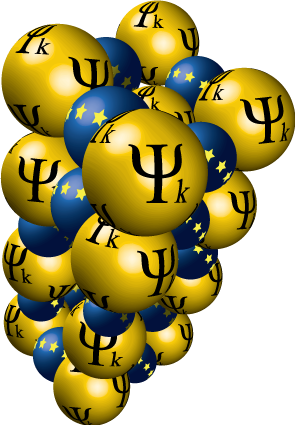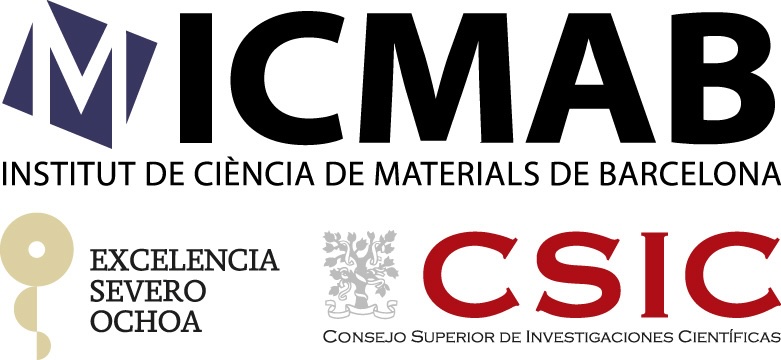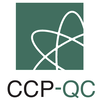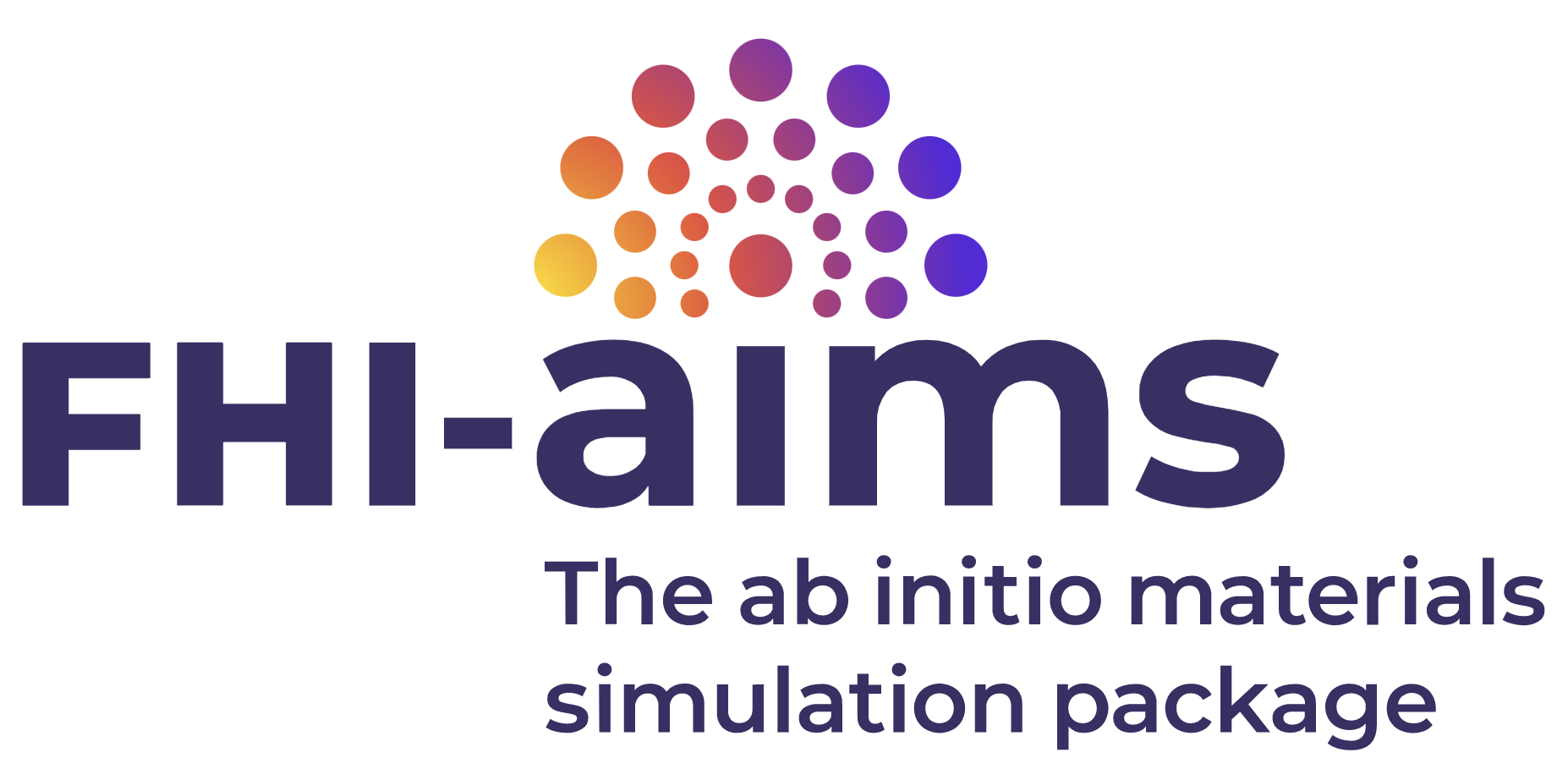ESL Workshop 11: Connecting Library Developers and Technologies
February 9-11, 2026, Zaragoza, Spain
Registration | Program | Participants | Venue
WARNING: Some of us have received a very well crafted email asking to make a hotel reservation in connection with the workshop. Please DO NOT respond to any such email if it does not definitely come from one of the workshop organizers - and even if so, please check back with us. Please do not make any reservations with any unidentified agency.
Organisers
- Alberto Garcia, Institut de Ciencia de Materials de Barcelona, Spain
- Volker Blum, Duke University, USA
- Alin Elena, Science and Technology Facilities Council - Scientific Computing, UK
- Martin Lueders, Max Planck Institute for the Structure and Dynamics of Matter, Germany
- Yann Pouillon, CIC nanoGUNE, Spain
- Nick Papior, DTU, Denmark
Main sessions
A series of CECAM workshops since 2014 has focused on the coordination of different library developments, different community organisations with an interest in developing shared libraries and tools, and different electronic structure codes, as well as on software development and curation of actual libraries related to electronic structure theory.
Over the years, the ESL has promoted the value of modularity, re-usability, and community collaboration in the development of electronic-structure software. The ESL development paradigm has improved overall coding efficiency and led to a more dynamic evolution of software in the community as well as to lower barriers to entry for new developers.
This workshop will focus on making the developer communities aware of the latest challenges and opportunities that the rapidly changing computing landscape is bringing to the traditional domain and development model of the ESL. Examples are AI assisted coding, or the use of quantum computers to break the exponential wall, which is currently limiting many projects. Also, the growing complexity of the problems one wants to solve demands changes in how the electronic-structure codes can be used. Simple command-line interfaces, which are still pervasive, are no longer adequate to describe the problem in an efficient way. In general, the complexity of the computer hardware, programming models and languages, as well as the application areas, is growing quickly and this workshop will address these issues in the talks and discussions. The invited speakers and participants are chosen to contribute specific new insights and experience in the relevant areas.
The workshop will feature high-level invited and contributed talks, as well as panel discussions, in order to discover and learn about new developments, and create new connections between different organisations and projects focused on the development of codes and libraries for electronic structure theory, including also other stakeholders such as computer centers and system-software-stack developers and hardware vendors. This format has worked very well at past events. In particular, this will give us the opportunity to identify researchers who can contribute relevant pieces of software, but have not been fully aware of the challenges of making them robust and future-proof. There will be a strong focus on exchanging experiences and best practices in software development and community management.
Follow-up sessions
The second part of the workshop will take place online and feature practical demonstration sessions, hands on practice on new techniques, development of proof-of-concept implementations, and coding work. There will be time for the core activities of the ESL: further development of individual libraries and their integration into existing codes, and onboarding of new packages and their maintenance.
There will be also a practical exploration of some of the new techniques and tools presented in the first part, which will feature in special sessions. For example, we plan to have a practical session on AI-assisted coding, and others on programming models and wrappers (e.g. deviceXlib) and on techniques for hiding the complexity of HPC tools from end users (e.g. AiiDAlab and other tools in the ASE ecosystem).
The format of these follow-up sessions will be decided through a round table during the main workshop sessions.
Funding
We thank ZCAM for the use of their facilities and the logistical support.
We acknowledge the Psi-k Charity (http://psi-k.net) for partial support of this activity.

We acknowledge ICMAB-CSIC (https://icmab.es), the UK’s CCP9 (https://ccp9.ac.uk) and CCP-QC (https://ccp-qc.ac.uk), and FHI-aims (https://fhi-aims.org) for partial support of this activity.



